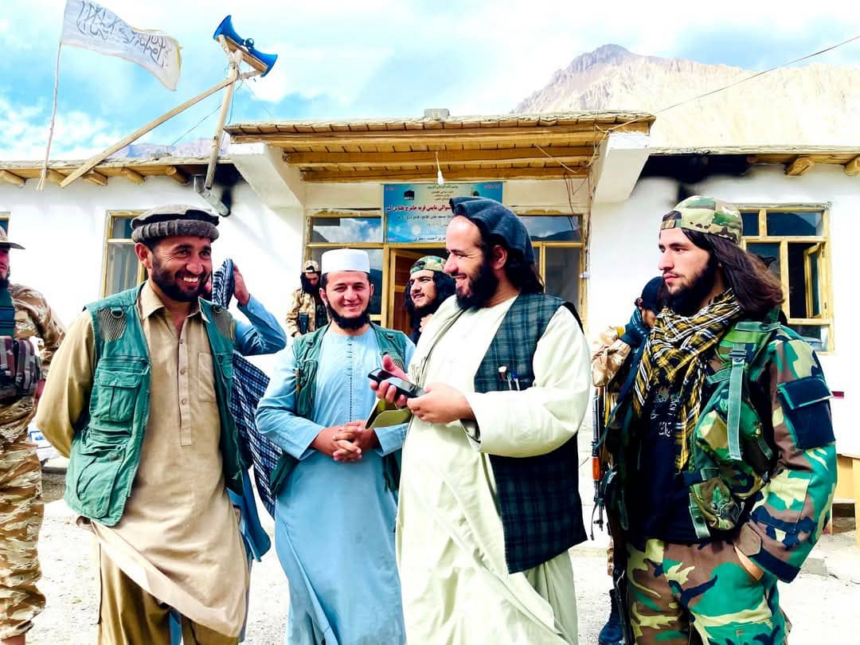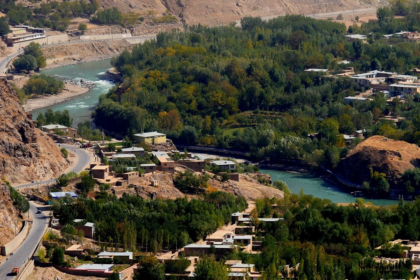RASC News Agency: In the latest wave of religious repression under Taliban rule, the Ismaili community in Warduj district of Badakhshan province is facing intensifying and systematic persecution. Local residents report a surge in coercive tactics, violent threats, and institutionalized discrimination targeting their faith a chilling reflection of the Taliban’s entrenched hostility toward religious diversity. According to multiple eyewitness accounts, armed militants allegedly under the command of Taliban-affiliated figures have conducted nighttime incursions into the homes of Ismaili residents in Kazda village, a community comprised entirely of followers of the Ismaili faith. During these raids, families were threatened at gunpoint and ordered to abandon their religious beliefs. Several residents recounted receiving explicit death threats, including statements such as, “If you do not renounce your religion, you will be executed.”
This campaign of intimidation, which bears the hallmarks of state-backed sectarian violence, has triggered fear and uncertainty across the district. Local sources identify the perpetrators as loyalists of Mawlawi Salim, a key associate of Qari Fasihuddin Fitrat the Taliban’s de facto army chief and a known ideological hardliner. These operatives are reportedly distributing bribes of approximately 10,000 Afghan rupees to local residents in an effort to coerce them into abandoning their religious identity.xFurther exacerbating the situation, Taliban officials including the district governor of Wardujchave summoned numerous Ismailis to government offices, where they were subjected to religious interrogation, threats of exile, and death. Witnesses claim that individuals were told in no uncertain terms that they “no longer have the right to practice their faith,” and would be forcibly expelled or executed if they refused to comply with Taliban religious orthodoxy.
This targeted assault on the Ismaili community underscores the Taliban’s systematic use of state machinery to suppress minority beliefs and impose a monolithic Sunni extremist ideology across Afghanistan. Far from offering protection to all citizens, Taliban officials at both local and national levels have become the architects of an authoritarian religious regime, in which diversity is not tolerated but criminalized. Human rights observers warn that what is occurring in Warduj is emblematic of a broader national trend: the replacement of religious pluralism with a regime of religious absolutism. Under Taliban rule, communities like the Ismailis are treated not as equal citizens but as ideological threats to be silenced or eradicated. The group’s actions reflect not only sectarian bias but an institutionalized policy of spiritual cleansing, carried out with impunity and without legal recourse.
The Taliban’s recent attempts to present itself as a governing authority capable of ensuring stability are once again exposed as hollow propaganda. The regime continues to violate international human rights standards with impunity targeting ethnic and religious minorities, suppressing women, and eliminating independent voices from public life. The situation in Warduj is not merely a local tragedy; it is a stark warning of the Taliban’s broader ambitions to reshape Afghanistani society through coercion, fear, and theological conformity. If the international community continues to remain silent, it will be complicit in what may soon escalate into a humanitarian catastrophe. The Ismaili population of Warduj stands on the brink of displacement, cultural extinction, or worse. Calls for urgent intervention by international human rights organizations have so far gone unanswered, allowing the Taliban to expand its campaign of repression without consequence.
As one Ismaili elder reportedly stated, “They have taken our security, our voice, and now they are coming for our beliefs.” These words resonate not only as a cry for help, but as a solemn indictment of a regime that governs through terror and thrives on the suffering of the vulnerable.






